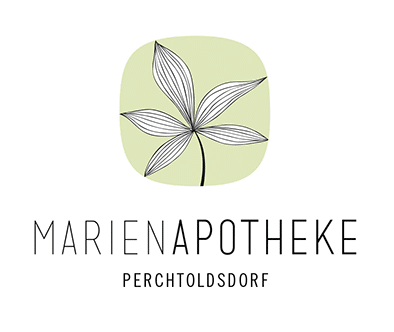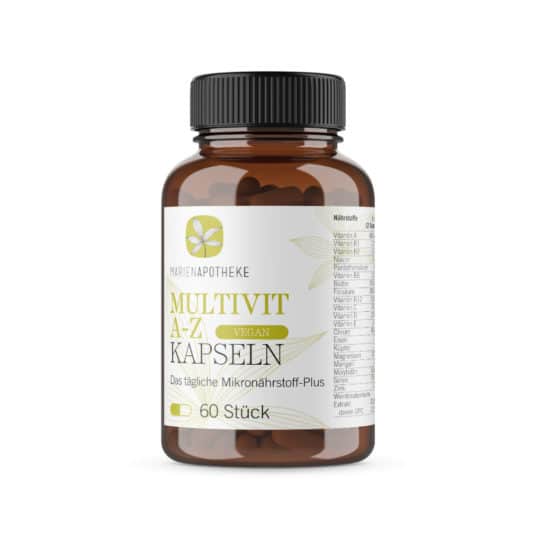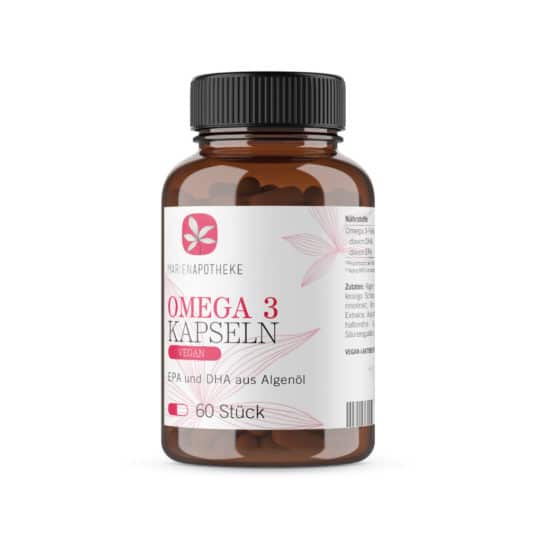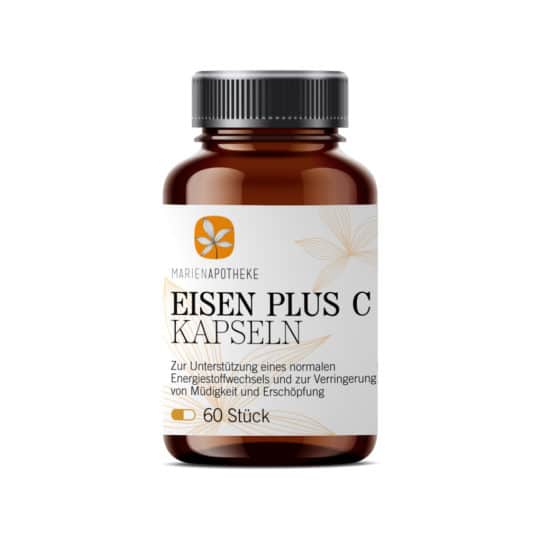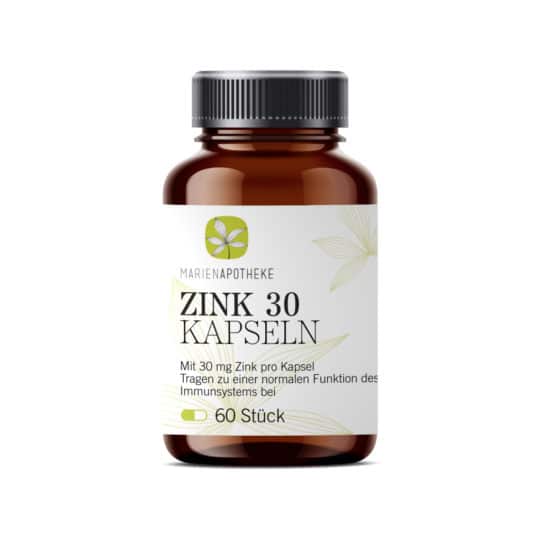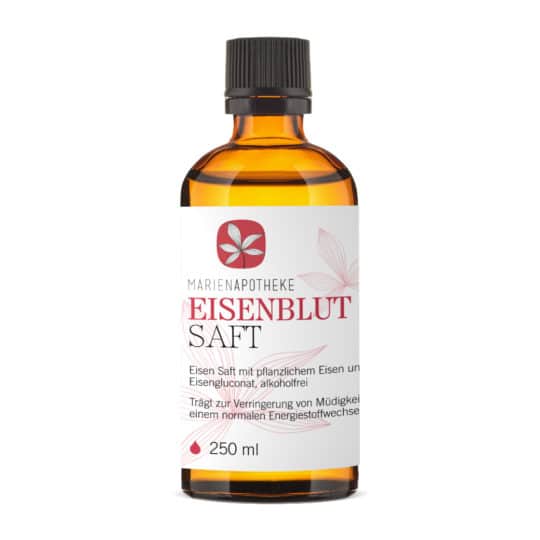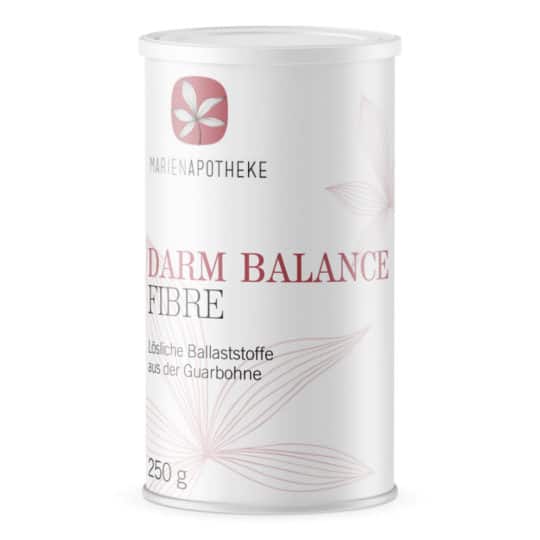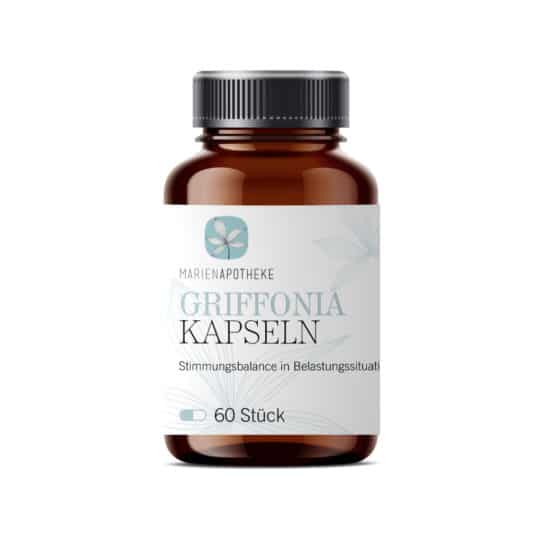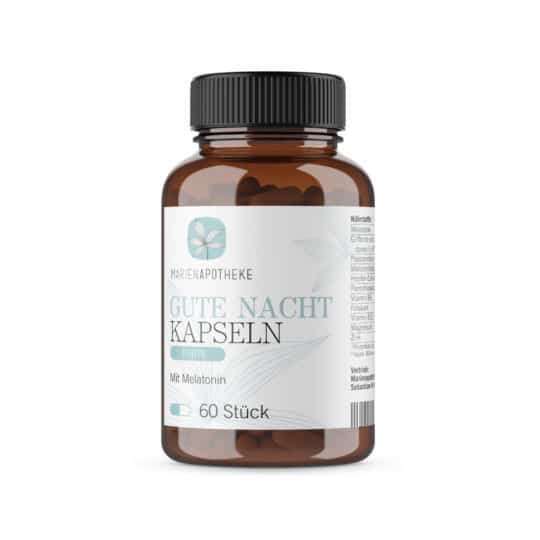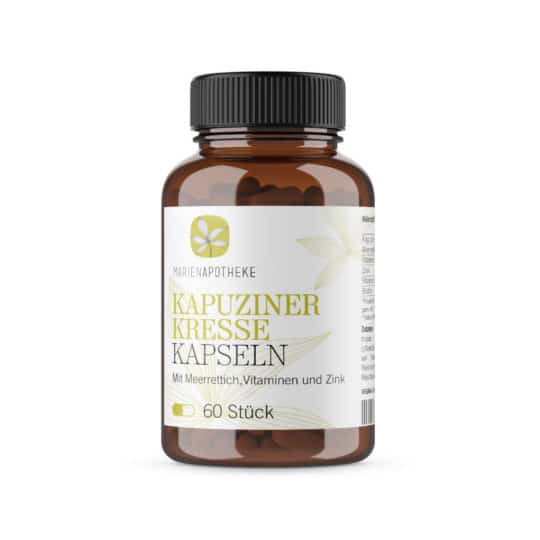From nutrition specialist Angelika Kohl
Vegan nutrition has become more and more established in society in recent years.
A properly composed vegan diet can score points above all due to the low amount of saturated fatty acids, a high fiber content, many vitamins and phytochemicals. It is free of cholesterol, as this is only found in animal foods. All these factors quickly lead to a general improvement in physical and mental well-being.
In principle, all essential nutrients originate from plants or microorganisms. It is therefore possible to omit the animal components of the diet and compensate for them with a purely plant-based
plant-based composition of the diet. Only vitamin B12, which is produced by microorganisms, should be supplemented in a purely vegan diet according to current knowledge.
It is also important to ensure a sufficient supply and intake of iron. The absorption of iron in the body is promoted by a simultaneous intake of vitamin C and reduced by coffee or black and green tea drinks.
Attention should also be paid to selenium, zinc, calcium and iodine. Omega 3 fatty acids can be supplemented with algae or linseed supplements. A high-quality vitamin D supplement is also recommended, especially in the darker months.

